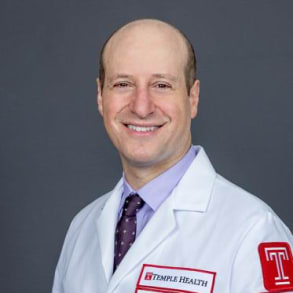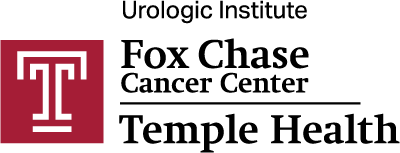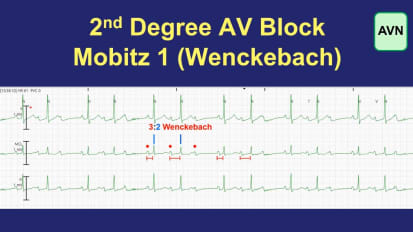Joshua Cooper, MD, FACC, FHRS
Electrophysiology

Clinical Interests
- Complex arrhythmia management and catheter ablation, including atrial fibrillation and ventricular tachycardia
- Pacemaker, defibrillator (ICD) and biventricular devices
- His-bundle pacing
- Laser lead extraction
- Left atrial appendage occlusion
- New ablation and implantable device technologies
- Conditions associated with arrhythmias, including sarcoidosis and myotonic dystrophy
- Inherited arrhythmia syndromes, including hypertrophic cardiomyopathy, long QT, Brugada syndrome
- Patient education and empowerment, with all medical decisions made by patient and doctor together
Education
- MD, Washington University School of Medicine, St. Louis, MO
Training
- Fellowship, Cardiac Electrophysiology, Brigham and Women’s Hospital, Boston, MA
- Fellowship, Cardiology, Brigham and Women’s Hospital, Boston, MA
- Residency, Internal Medicine, Brigham and Women’s Hospital, Boston, MA
Board Certification
- Clinical Cardiac Electrophysiology
- Cardiovascular Disease
- Internal Medicine
Memberships
- Heart Rhythm Society
- American College of Cardiology
- American Heart Association
- American Medical Association
Awards and Honors
- Harvard Scholar Award for Academic Achievement, Harvard University
- Magna Cum Laude, Biochemistry, Harvard University
- Dr. Richard S. Brookings Medical School Prize for Meritorious Academic Performance, Washington University School of Medicine
- Alpha Omega Alpha Medical Honor Society, Washington University School of Medicine
- Missouri State Medical Association Award, Washington University School of Medicine
- Edward Massie Prize for Excellence in Cardiology, Washington University School of Medicine
- Medical Fund Society Prize in Medicine, Washington University School of Medicine
- Louis and Dorothy Kovitz Award in Surgery, Washington University School of Medicine
- Arnold Dunne Award for “Extraordinary Care and Caring for Patients, Brigham and Women’s Hospital, Harvard University
- 1st Place, New England Electrophysiology Society Fellows’ Research Competition
- Fellowship, American College of Cardiology (FACC)
- Distinguished Teaching Award, Cardiovascular Medicine Division, University of Pennsylvania School of Medicine
- Cardiology Course Teaching Award, Second Year Medical Students, University of Pennsylvania Medical School
- Fellowship, Heart Rhythm Society (FHRS)
- Outstanding Teaching in Cardiac Electrophysiology Award, Cardiovascular Medicine Division, University of Pennsylvania School of Medicine
- Outstanding Subspecialty Faculty Educator Award, Internal Medicine Department, Temple University School of Medicine
- Trailblazer Award, Temple University School of Medicine
- Top Doctors, Cardiac Electrophysiology, Philadelphia magazine, 2011-2022
- Best Doctors in America®, Cardiovascular Disease, 2015-2016, 2017-2018, 2019-2020





